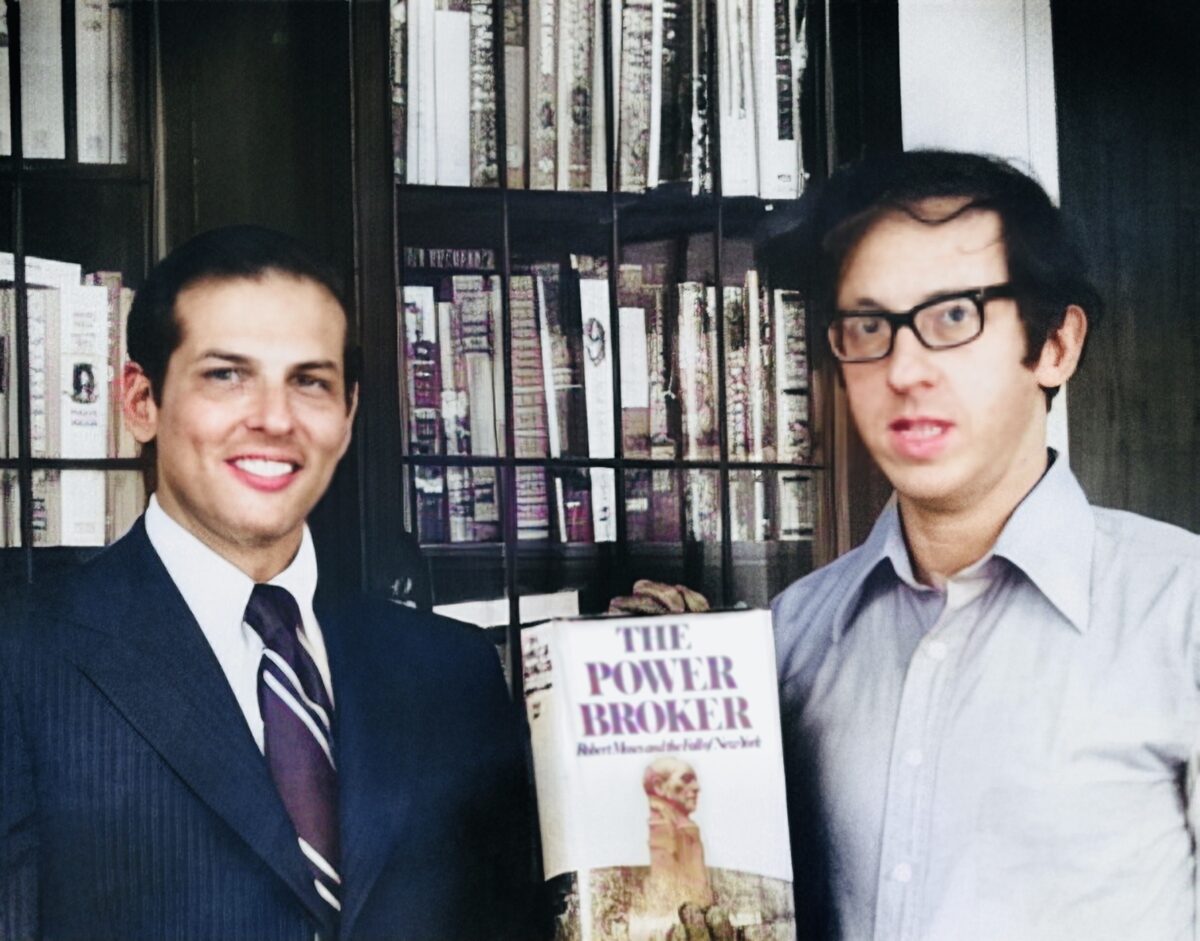It is an editorial partnership that has lasted for half a century, during which the inestimable editor Robert Gottlieb has edited the books written by the prize-winning historian Robert Caro.
By any measure, they are stellar figures in their respective fields.
Now 91, Gottlieb was the editor-in-chief of two major American publishing houses. During his storied career, he edited upwards of 700 books. Among his notable authors were Joseph Heller, John Cheever, Salman Rushdie, John le Carre, Elia Kazan, Mordecai Richler, Barbara Tuchman and Jessica Mitford.
Caro, 87, was introduced to Gottlieb in 1970, when he was in the midst of writing The Power Broker, a rigorous biographical account of Robert Moses, a powerful public official who shaped the urban landscape of New York City.
At Gottlieb’s suggestion, Caro — a former newspaper reporter who writes in longhand and types finished manuscripts on a Smith Corona typewriter — went on to produce a multi-volume biography of Lyndon Baines Johnson, the 36th president of the United States. Caro is currently completing the fifth and final installment, but whether he finishes is an “actuarial issue,” Gottlieb says wryly.
Whatever happens, Caro can surely rest on his laurels, his books having won two Pulitzer Prizes and one National Book Award.
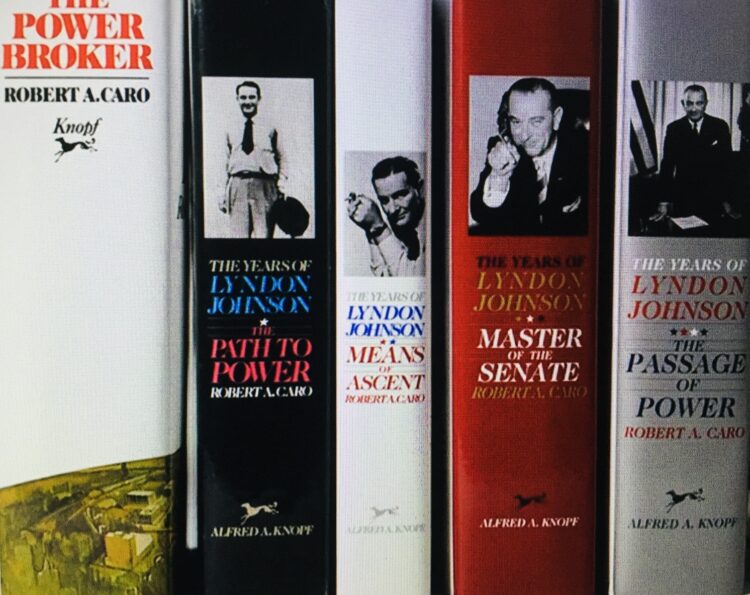
Their bountiful and mutually profitable working relationship is aptly presented in Lizzie Gottlieb’s fine and absorbing documentary, Turn Every Page: The Adventures of Robert Caro and Robert Gottlieb, which opens in Canadian theatres on January 20.
Far from being only an account of Gottlieb’s friendship with Caro, which would have been interesting in itself, the film also examines their dazzling careers.
As Lizzie Gottlieb points out early in the movie, neither her father nor Caro initially wanted to participate in it. Be that as it may, they cooperated once they had changed their minds.
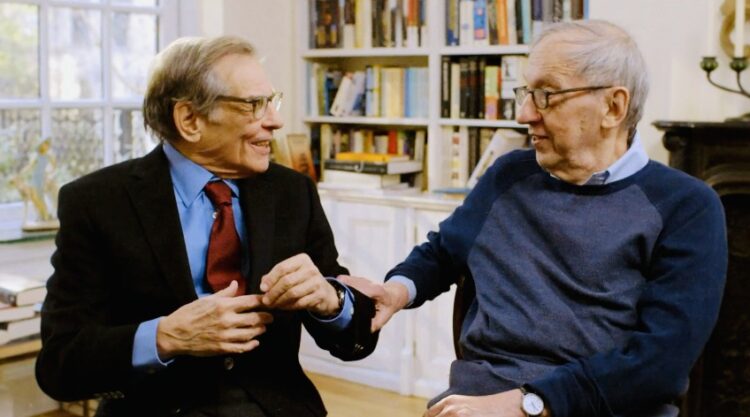
As the film unfolds, a viewer comes away with the impression that they are both lucid talkers, their cognitive abilities not having been affected in the slightest by the onset of old age.
Judging by their comments, the pair argued over a wide array of issues ranging from content to punctuation. As Gottlieb sardonically comments, “He does the work, I do the cleanup.”
Come what may, they settled their differences and learned to admire and respect each other. So much so that Gottlieb describes Caro as a genius.
Caro, whose boyhood dream was to be a writer, was raised by immigrant parents from Poland whose mother tongue was Yiddish. After gradating from Princeton University, he wrote for a number of small-town newspapers until he was hired by Newsday, where he worked as an investigative reporter.
Gottlieb, the son of a lawyer and a school teacher, has been an avid reader for as long as he can remember. A “nerdy boy” in university, he started his publishing career at Simon and Schuster in 1955 at $75 a week. “It was so perfect for me,” he recalls.
He never doubted his editorial judgment because he was a consummate reader. “My whole life I’ve been a word person,” he muses, adding that he personally prefers editing to writing.
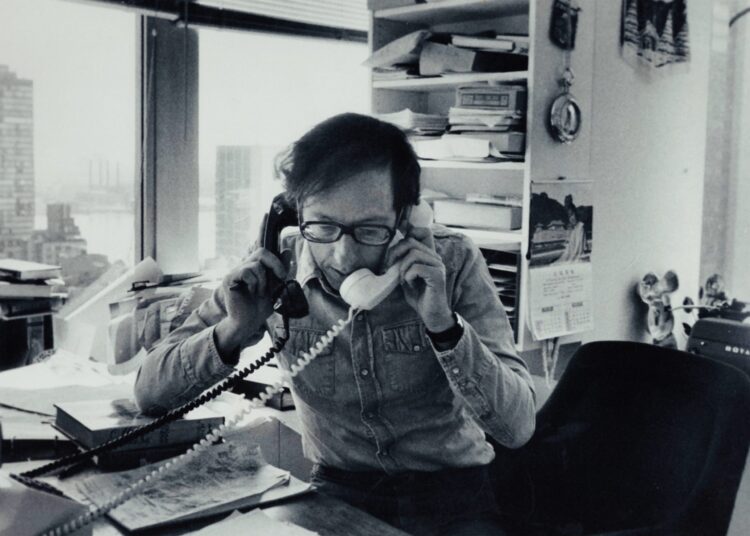
In 1968, Gottlieb moved to Alfred A. Knopf, where he handled twenty to thirty books a year. From 1987 to 1992, he was the editor of The New Yorker.
Caro is also utterly dedicated to his craft. He quit his job as a journalist and sold his house on Long Island to write The Power Broker, an incisive and sweeping analysis of municipal political power. It took Caro seven years to research and write, and was published in 1974.
Gottlieb spent a year editing it, ten months longer than he anticipated. He and Caro spent three to four hours a day on it. “The material was wonderful,” Gottlieb says. Yet in his opinion, the book had to be condensed by 350,000 words.
“You need to give a writer your own strong opinion,” Gottlieb explains. “Editors have to be cruel to be kind.”
Since Caro was reluctant to delete on such a grand scale, arguments inevitably broke out. “There was a lot of stalking out of rooms,” Caro admits. But in the end, they reached an agreement. As he puts it, “He cared as much about the writing as I did.”
The Power Broker, which Moses loathed but which critics praised, was an immediate success, and is currently in its forty first printing.
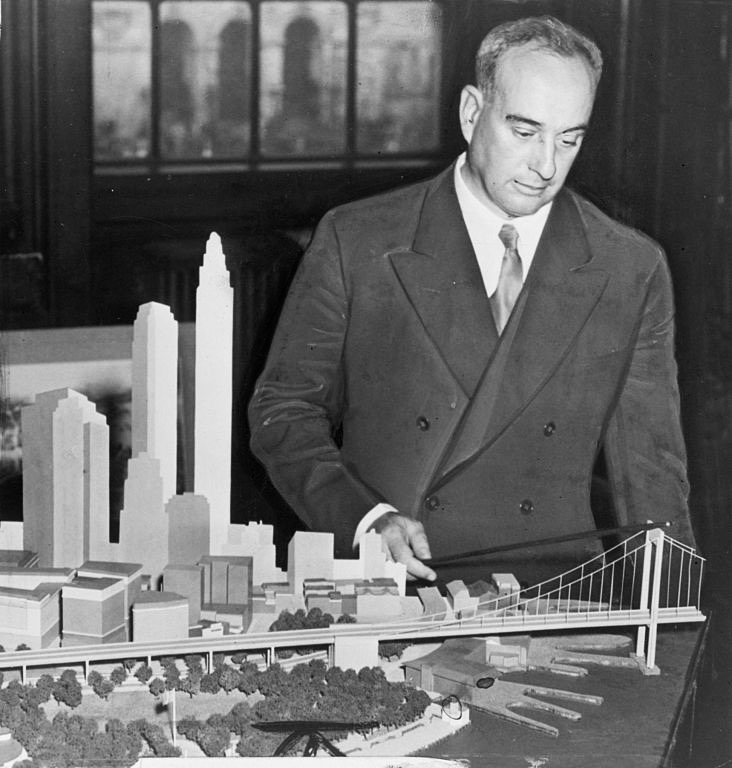
After The Power Broker, Caro sought a new project on political power on the national level. Gottlieb suggested Johnson, who succeeded John F. Kennedy following his assassination in 1963. For the outset, Gottlieb and Caro concurred that Johnson’s story required at least three volumes.
“We had no way of knowing we’d be at it for the rest of our lives,” says Gottlieb.
To better understand his complex subject, Caro moved to Johnson’s milieu in the Texas hill country in 1976. He and his wife spent the next three years there.
In Gottlieb’s estimation, Caro admired Johnson despite his decision to escalate what would be a disastrous war in South Vietnam, a U.S. ally. To Caro, Johnson saved his legacy by fighting domestic poverty, introducing medicare, and promoting civil rights for African Americans.
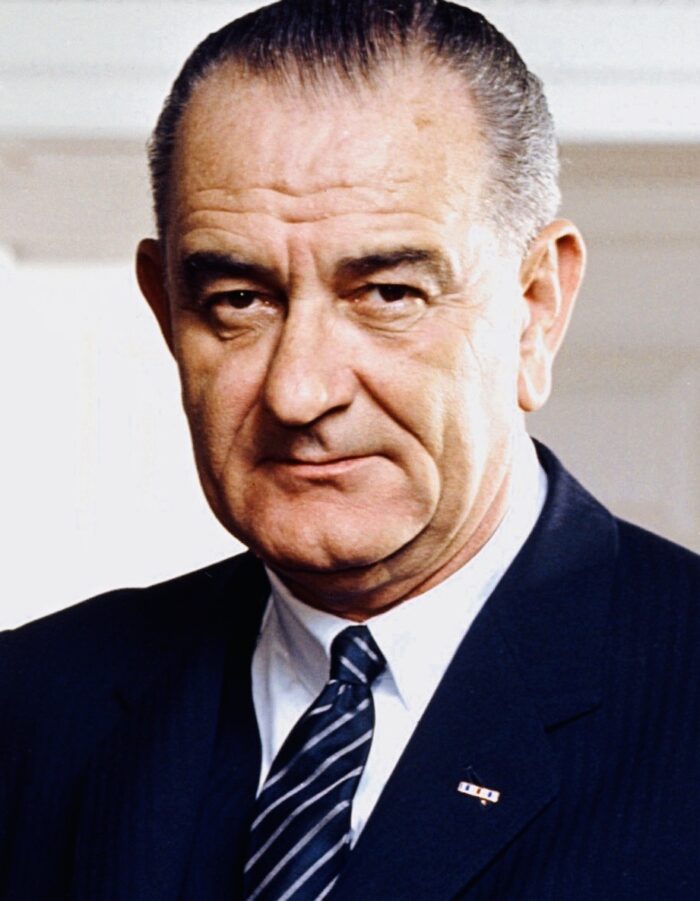
As Gottlieb and Caro collaborated on the Johnson volumes, the first of which was published in 1982, they sometimes annoyed each other. “A lot of angry things were said,” Caro says, adding that his relationship with Gottlieb is “friendlier” today than in the past.
At present, Caro is working tirelessly to deliver volume five to Gottlieb. “He’s always there at the back of my mind,” says Gottlieb. Caro, however, does not want to rush it, fearing he might tarnish his reputation and sully his body of work.
